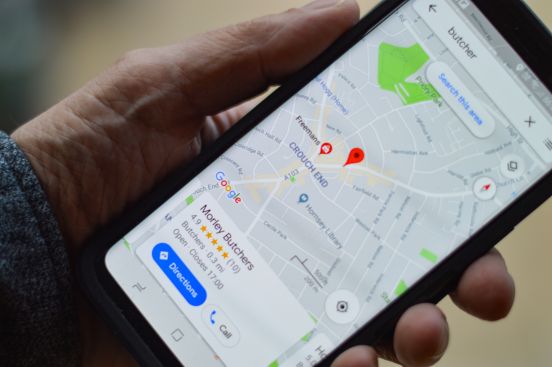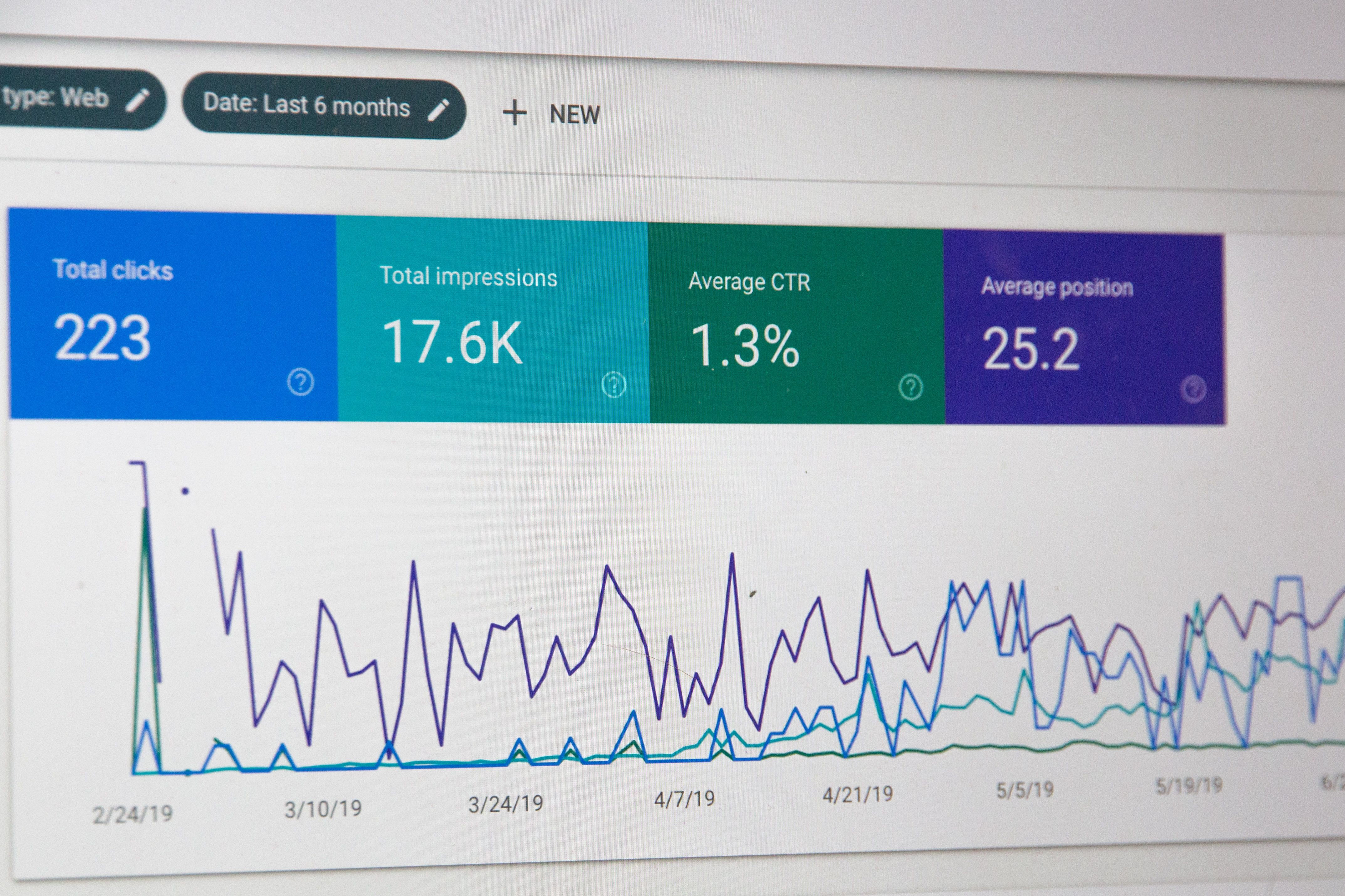Proper SEO will result in higher rankings on search engines, more organic traffic, and increased authority in your field. If your website is going to be your best ROI, then SEO is an absolute must. Here are 20 tactics you can start implementing right now to get started:
Do Your Keyword Research
Keyword research helps you understand the words your target audience uses whenever they are online looking for what you offer. Using the best keywords, not only helps you rank on search engines but also enables you to offer the best value to your audience and stand out from the competition.
Use One Primary Keyword Per Page
When you find keywords that you want to target, choose which ones you consider the most relevant and assign each to one page (and one page only) on your website. Resist the temptation to assign any keyword to more than one page on your site as this could negatively impact your efforts to rank.
Put Your Primary Keyword in the First Paragraph, In At Least One Subheading and Also in The Meta Title
Best SEO practice dictates that you use the primary keyword in the page title and the page’s URL. But if you really want to make a splash, you have to go beyond that by also inserting the primary keyword in the first paragraph of page copy, in at least one subheading, and also in the meta title (headlines that appear with the results on the search engine results page).

Assign Secondary Keywords to Each Page on Your Website
Search engines use the primary keywords you choose to better understand the page. But the technology is not perfect; you can add better context and increase your chances of ranking by assigning secondary keywords to each page to add context. Secondary keywords are terms and phrases closely related to your primary keyword. As with primary keywords, you want to use these secondary keywords at least once in your page copy.
Publish Great Content
Search engines make it a point to rank only the best pieces of content in order to provide a great user experience for searchers. Aim for creating the best resource on your topic whenever you sit down to write. Just like cream, content like that eventually finds its way to the top.
Avoid Shallow Content
There is no secret number of words that will automagically qualify you for the top spot on the results page. But great, in-depth content usually means writing a sizeable number of words in order to properly cover a topic. A good rule of thumb is to go beyond 300 words with any piece of content you create.

Include Images and Graphics
Search engines consider content that is loaded with graphics and videos to be of higher quality than content that comprised solely of text.
Use Canonical Tags and Avoid Duplicating Content
To avoid penalties from the search engines, you have to make sure you don’t copy content already found elsewhere—even if it is yours. One way to do this is by making use of canonical tags on the duplicate content which points search engine crawlers to the original content and saves you from penalties.
Regularly Publish New Content and Update Old Content
In our rapidly evolving world where information is constantly changing, search engines are not going to consider content from 5 years ago as authoritative or relevant—in most cases anyway; some forms of content are evergreen and last longer than others.
For Your Image Files Use Brief Descriptive Names Which Contain the Primary Keyword
Naming your file in this way sends bonus signals to search engines which deepen their understanding of what the page is all about.
Ease Navigation By Providing Internal Links between Your Web Pages
Linking to other pages on your website eases navigation and provides a pleasant user experience for website visitors. Internal links also send signals to search engine crawlers and helps them understand the content better.
Link to Other High-Quality Websites
Linking out to other websites on the web helps search engines with context when crawling your website, and also shows that your website is part of the vibrant community online.
Fix Broken Links on Your Site
Make sure that all internal and outgoing links on your site actually work. Broken links lead to an error page and provide a bad user experience that search engines are sure to pick up on.
Seek Backlinks from High-Quality Sites
Backlinks constitute the backbone of SEO, and the greater the number of high-authority sites that link to yours, the better for your website’s SEO. Outline a strategy for attracting as many of these high-quality backlinks as possible.
Expel Links from Low-Quality Sites
Just as backlinks from high-quality sites can significantly influence your SEO and help you level up, backlinks from low-quality sites can influence your website’s SEO as well—but this time for the worse. You can use the Alexa Site ranking tool to see a list of websites linking to your site, and then reach out to the site owners of low-quality sites to take down any links to your site. Use the Google Disavow tool to take them down yourself if you have to.

Set Up a Google My Business Page
This is especially important for businesses that have a physical address. Setting up a Google My Business profile is essential for local SEO and can lead to your business location and details showing up as a rich result in Google searches.
Make Sure Your NAPs Are Consistent Across the Web
Adding your website and business address to relevant business directories is a strong local SEO tactic. But you also want to make sure your name, address, and phone details are consistent throughout the internet to avoid confusion and SEO backlash.
Include a Physical Address at the Footer of Your Website
Including your physical location somewhere on your website helps search engine crawlers relate the website to a physical location, and that’s a plus for local SEO. Add more addresses if you happen to have many.
Work on Your Site Speed
The speed at which your website loads affects a variety of factors that affect your SEO and your business like user experience, conversion rate, and the number of pages that get indexed by search engines. Make sure your website takes no more than 3 seconds to load.
Make Sure Your Website Has Responsive Design
Websites with responsive design will look good on any device. Not only does this offer a good user experience to website visitors, it also earns you extra SEO brownie points with Google and other search engines.
And there you have it: 20 SEO tips to ignite growth and exposure for your website. That is a lot to take in, but these are tips you can get started on right away and you can begin from those which you find easiest to do. Feel free to reach out to us here at Eternity if you would like an expert to hold you by the hand and lead you down the right path.

